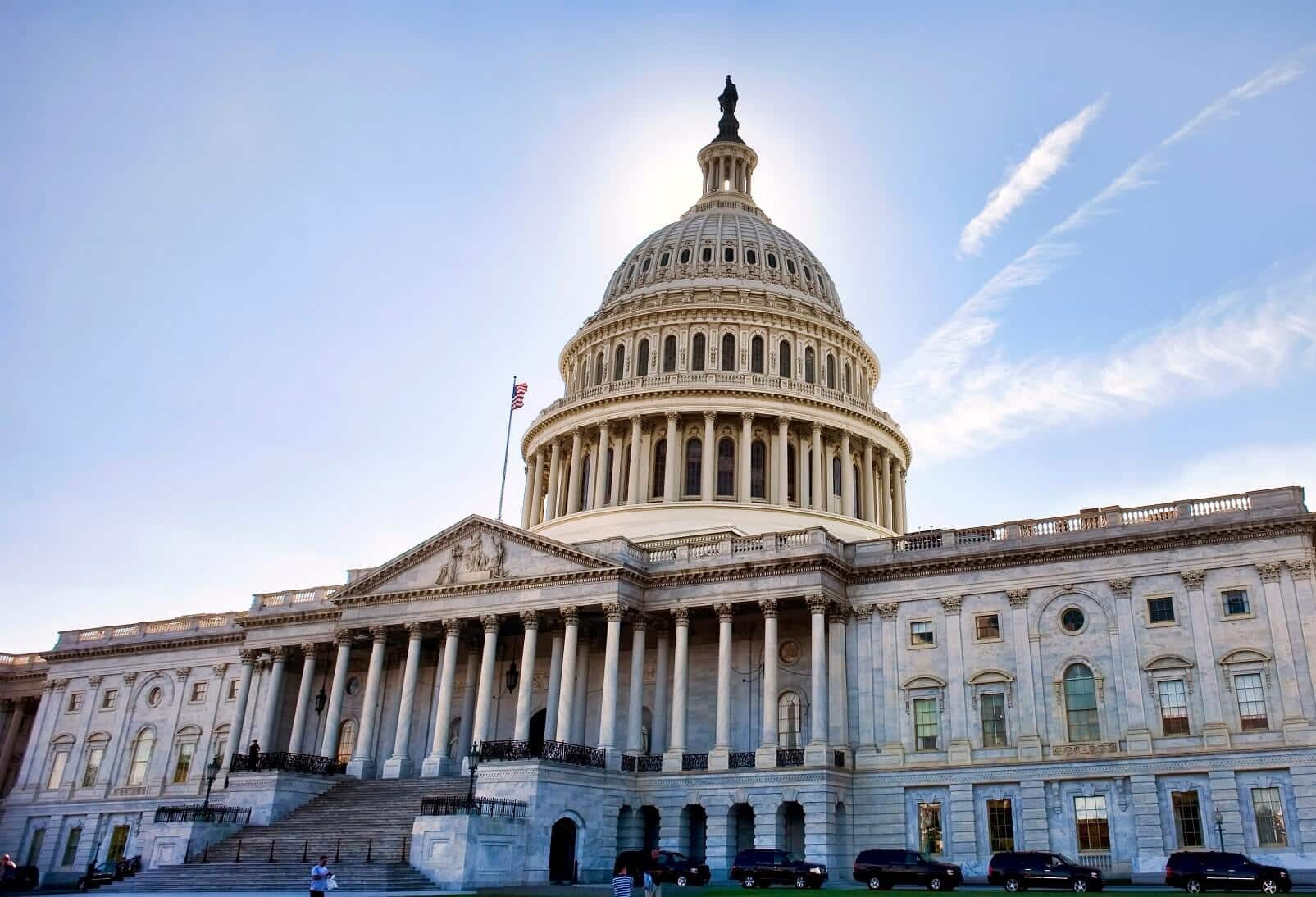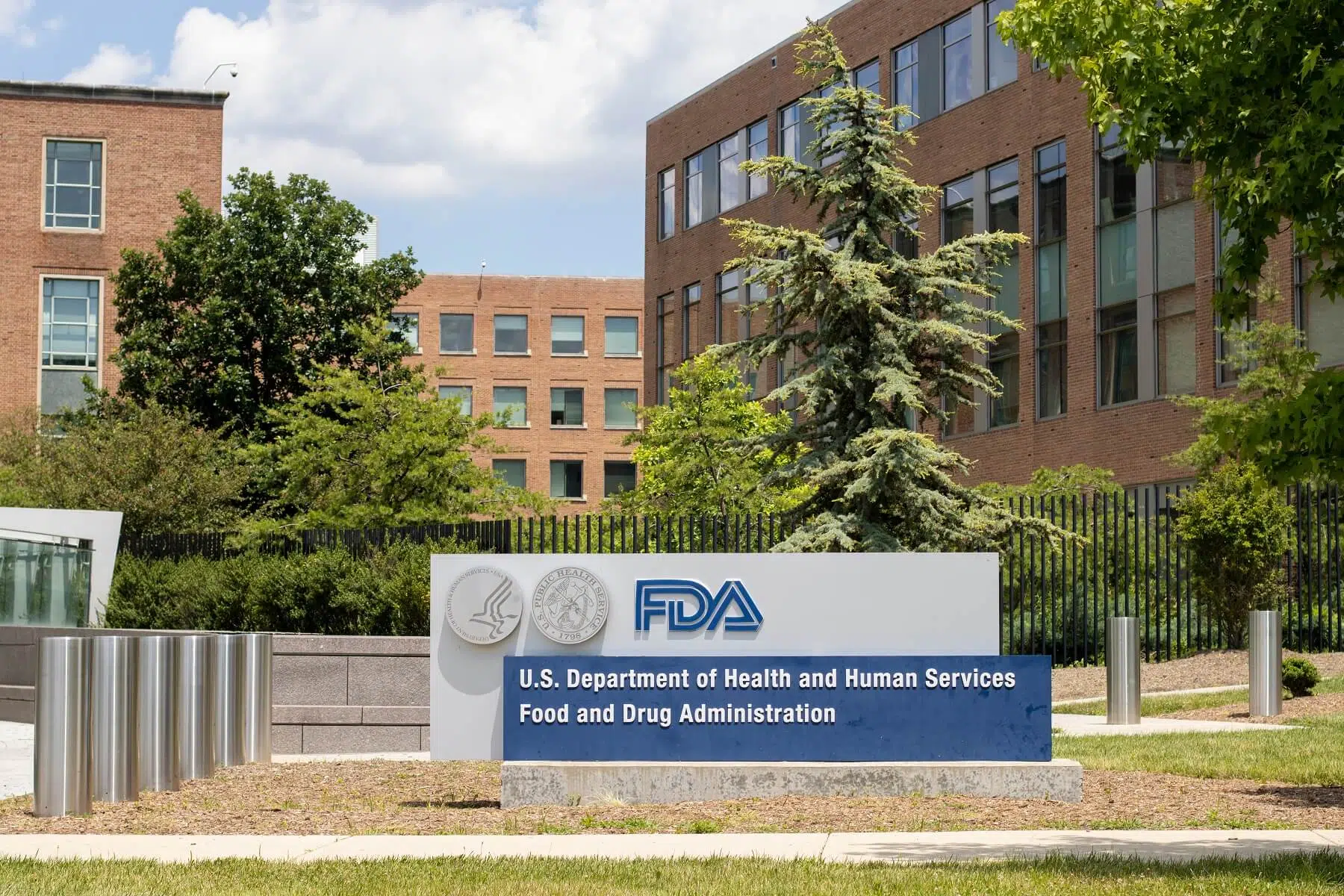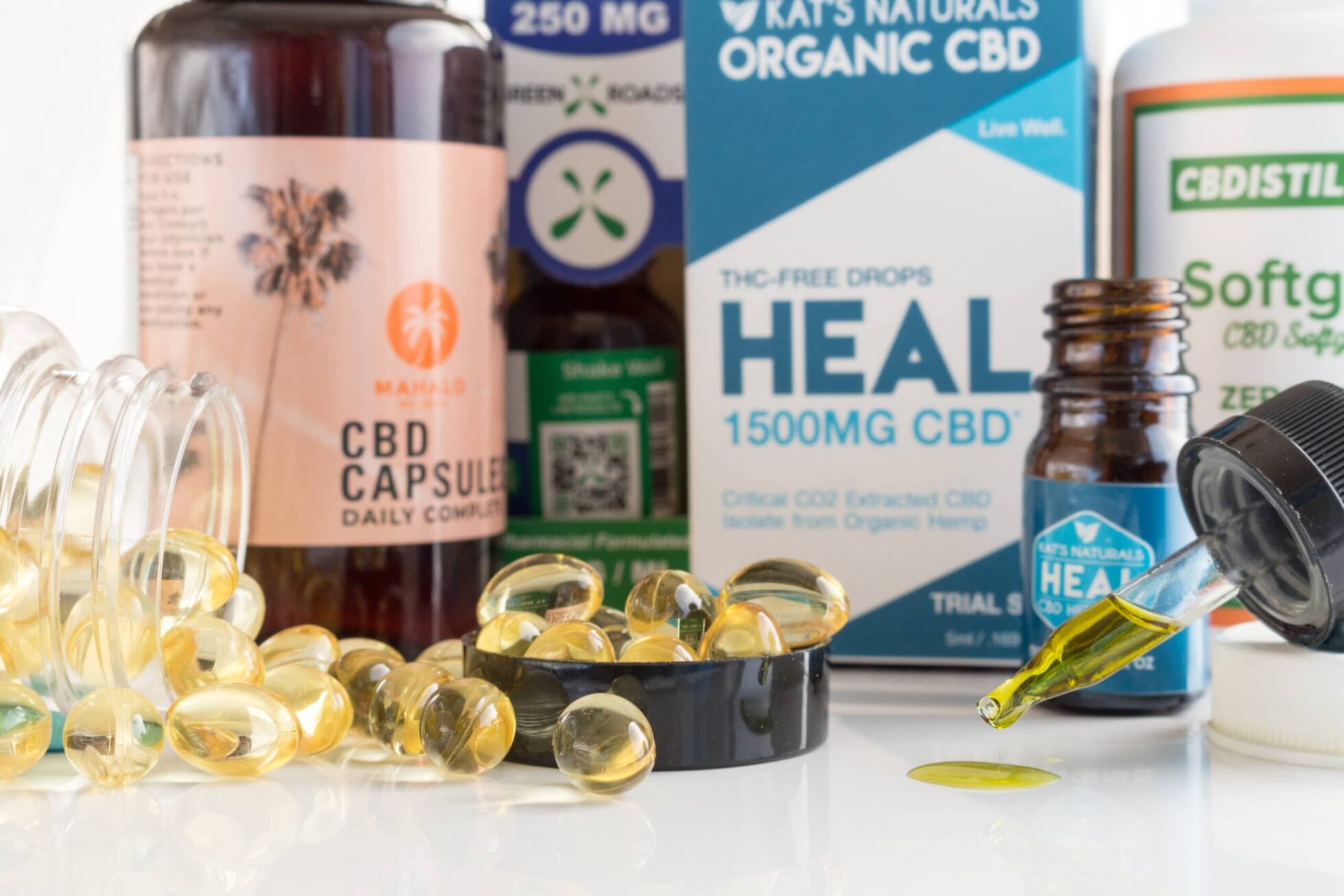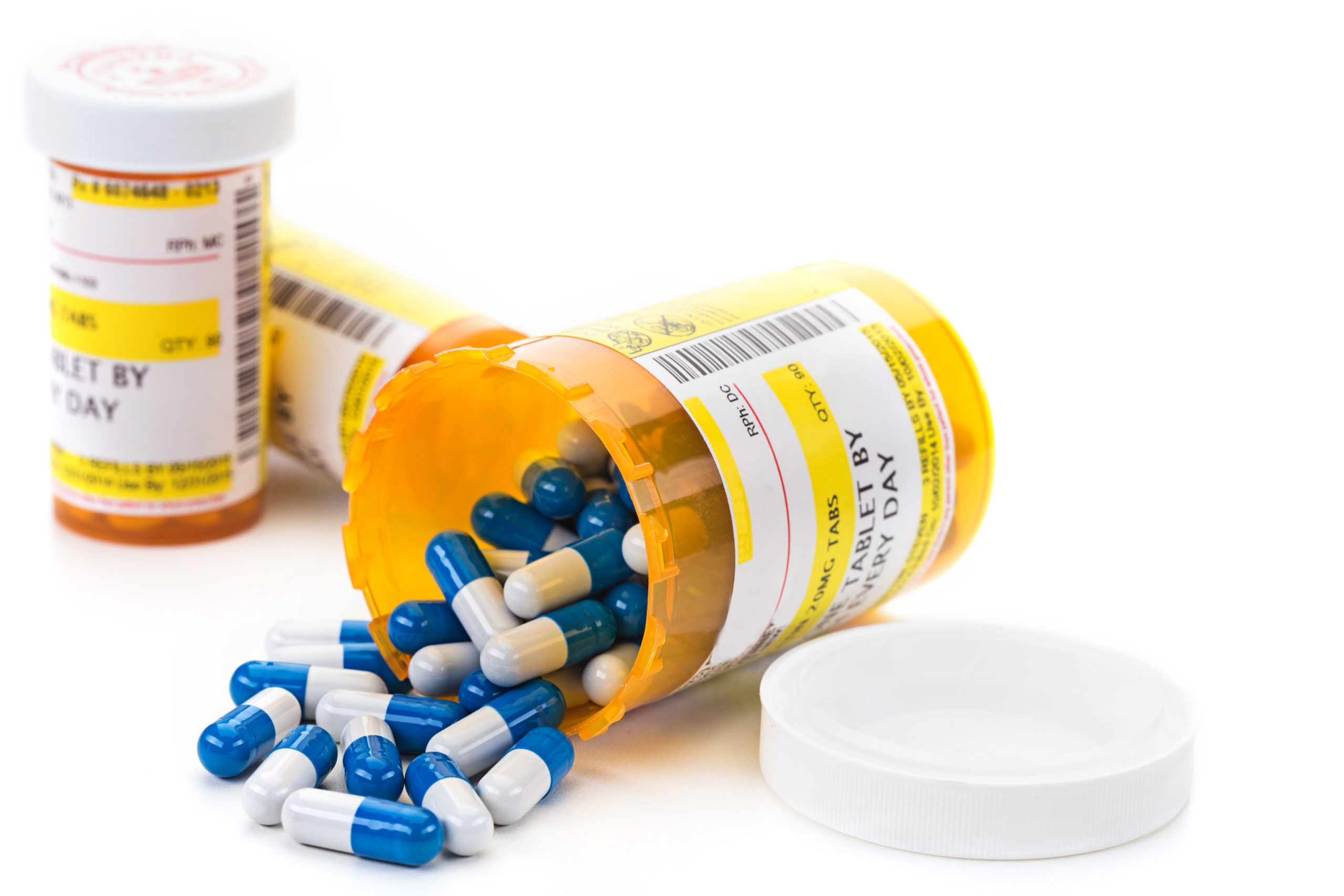-
- Market Research
- |
- CBD Near Me
- |
- Giveaways
- |
- Newsletter
- |
- Contact
- |
- Advertise
- |
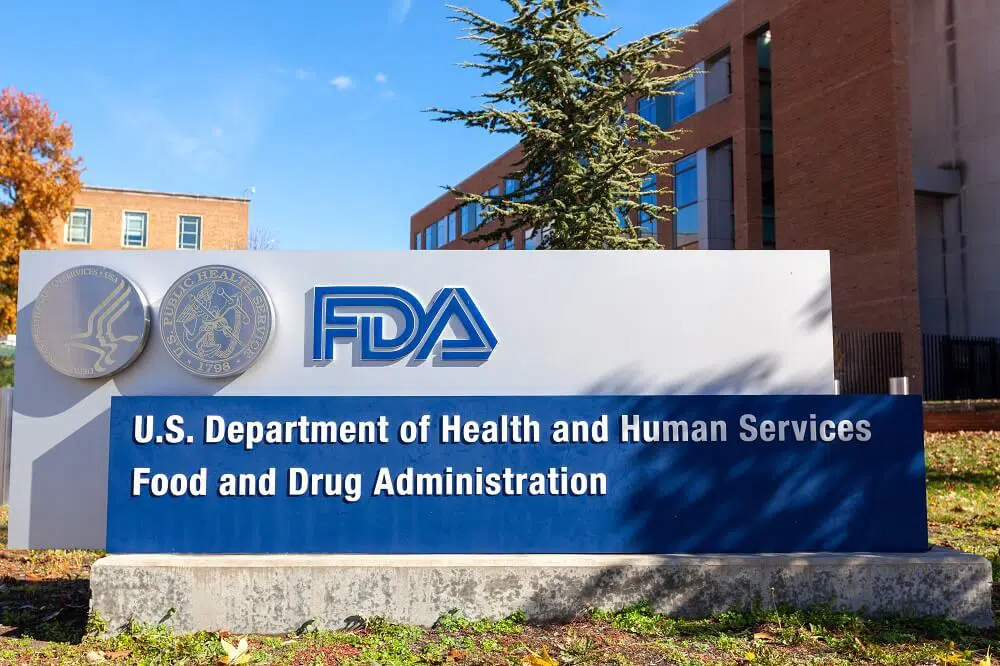
Here’s the latest CBD news:
- The FDA publishes a document explaining their intentions to refine data analysis methods for building cannabis product safety profiles.
- A case study in the British Medical Journal connects cannabidiol to lung tumor regression.
- The US Postal Service has officially banned the mailing of cannabis and nicotine vape devices.
FDA Releases Cannabis-Derived Products Data Acceleration Plan
Last Saturday (Oct 16th), the Food and Drug Administration posted a summary of their Cannabis-Derived Products Data Acceleration Plan on their website.
The objective of the plan is to enhance the ability of the FDA to analyze recent safety data on cannabis-derived products, presumably for regulation purposes.
According to the agency, the plan “is a portfolio of pilot initiatives and partnerships focused on advancing data-driven safety signal detection … to identify current and emerging safety vulnerabilities in the CDP (cannabis-derived products) market.”
In order to implement the plan, the FDA doesn’t just need novel findings on the safety of cannabis products, but an improved process for analyzing and translating those findings into regulatory standards.
CBD Shrinks Lung Tumor in British Medical Journal Case Study
Experimenters from Watford, Basildon, and Thurrock Hospitals in the UK demonstrated in this case study that the self-administration of cannabidiol oil over a 2.5-year period may have decreased a woman’s lung tumor size from 41 to 10 millimeters
Like a growing number of cancer patients, the subject of this case study had declined conventional treatment options (radiation, chemotherapy, etc.) and opted for more gentle, natural means of treating her cancer.
Usually, cannabidiol is used as an adjunctive “treatment” for cancer patients undergoing conventional treatments, since it is purported to help with discomfort, nausea, and other chemo or radiation symptoms.
But the network of receptors that cannabinoids interact with (known as the endocannabinoid system) “can interact with signalling pathways to control the fate of cells, including cancer cells,” say the researchers.
In other words, this case study teases the primary treatment potential of cannabidiol (and potentially, other cannabinoids) for cancer, as it may be able to train cells to die when and how they are supposed to.
Revised USPS Regulations Prohibit Shipping of CBD and other Vape Products
In accordance with the congressional outlawing of the mailing of nicotine and cannabis vape products, which was one issue among many covered in the 5,593-page budget bill in which it is found, the United States Postal Service has officially banned the mailing of “electronic nicotine delivery systems.”
Effective yesterday (Oct 21), this ruling defines electronic nicotine delivery systems as “(1) any electronic device that, through an aerosolized solution, delivers nicotine, flavor, or any other substance to the user inhaling from the device; and (2) any component, liquid, part, or accessory of an ENDS, regardless of whether sold separately from the device.”
Excluded in this definition are any vape products or drugs approved by the FDA (like tobacco cessation products and other therapeutically intended products), though none are approved yet.
Also, the “certain individuals” exception, proposed under the PACT Act, allows for the mailing of “lightweight, noncommercial shipments” of smokeless tobacco and cigarettes by adult individuals, so long as the shipments total ten or less in a 30-day period.
To learn more about the rules and exceptions surrounding this vape ban, here is the official language.



